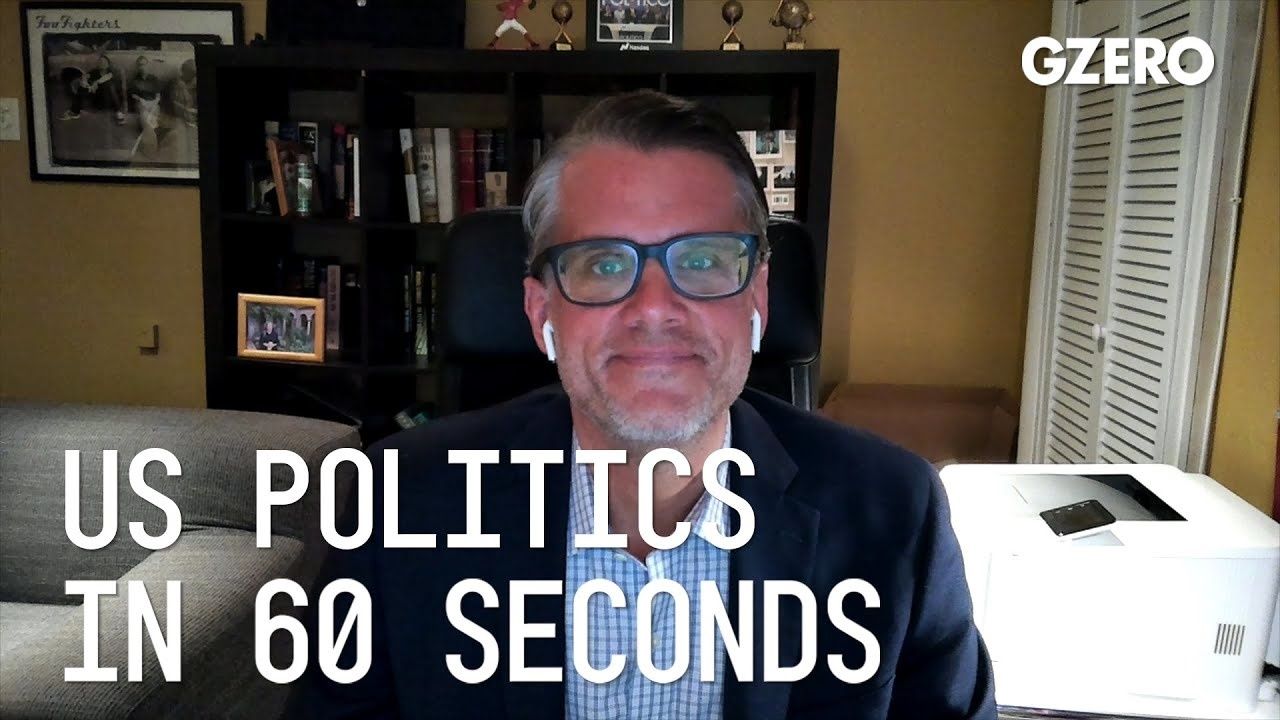US Politics In 60 Seconds
The Coronavirus politicized: reopening America

Politics & COVID-19 | Reopening, Flattening the Curve, Elections | US Politics In :60 | GZERO Media

Ben White, Chief Economic Correspondent for Politico, provides his perspective on the coronavirus-related news in US politics:
With Trump's recent call to liberate locked down states, is reopening America becoming a political issue?
Unfortunately, yes, it is. Trump at his briefings defers to the governors. Talks about phased reopenings. Seems to heed the medical guidance. But at same time, tweets about liberating states setting up these protests, which only serve to put people at risk who are protesting and those who have to respond to it.
Where is the US at in its coronavirus response? Are we flattening the curve?
Yes, we're flattening the curve, particularly in hard hit areas like New York. Big question is, what's next? How do we reopen and how do we do it without enough tests and enough contact tracing? It's not clear we're anywhere close to that point, yet. There seems to be almost no election talk right now given the coronavirus pandemic.
How will this change the presidential election?
Well, it's going to compress it significantly. It was always going to be a referendum on Donald Trump. Now, even more so, given his coronavirus response. Hard to campaign in this environment. We'll see a very compressed election campaign as we close in on November.
How widely is AI actually being used, and where is adoption falling behind? Speaking at the 2026 World Economic Forum in Davos, Brad Smith, Vice Chair and President of Microsoft, outlined how AI adoption can be measured through what he calls a “diffusion index.”
AI adoption is accelerating worldwide, but “diffusion” isn’t just about who has the best models. It’s about who has the basics: affordable power, reliable connectivity, and the skills to actually use AI. In a new GZERO Media Global Stage livestream from the 2026 World Economic Forum in Davos, Switzerland, CNN’s Richard Quest moderates a clear-eyed discussion on what it will take to broaden AI access, and what happens if the gap widens.
Now that we are all on same page. #PUPPETREGIME